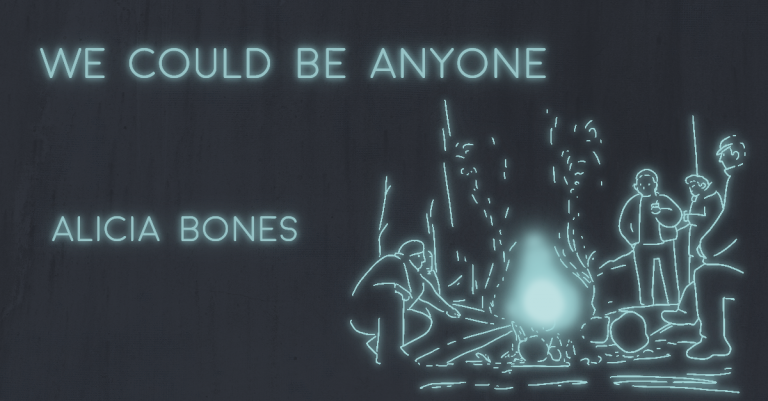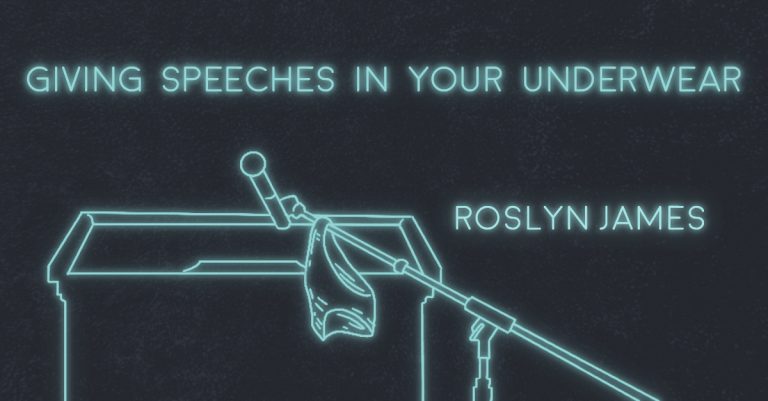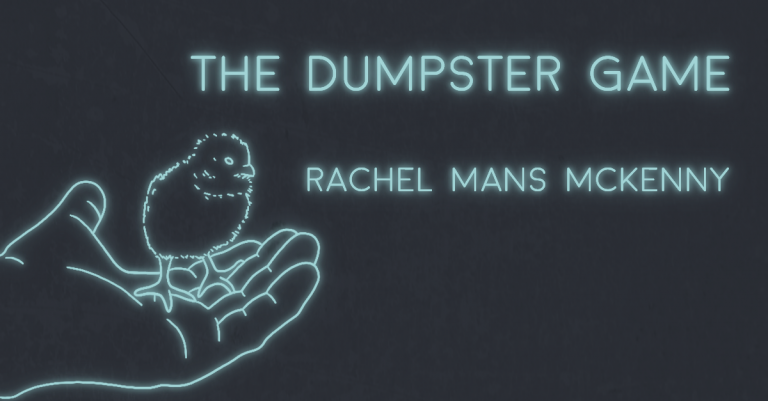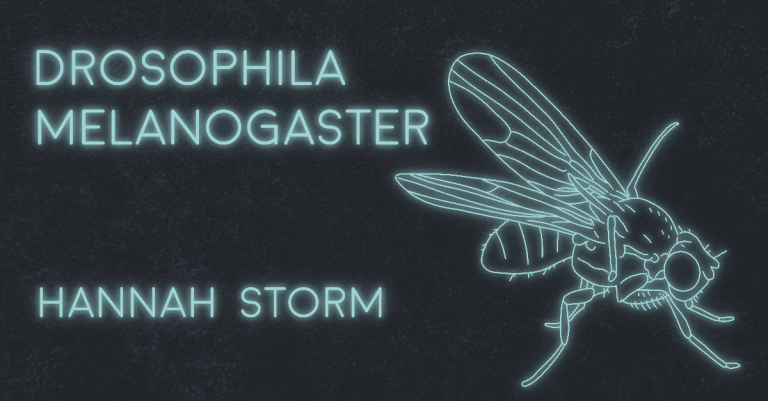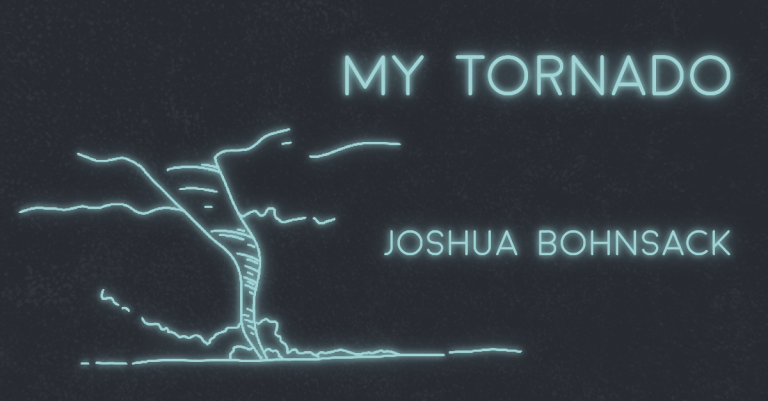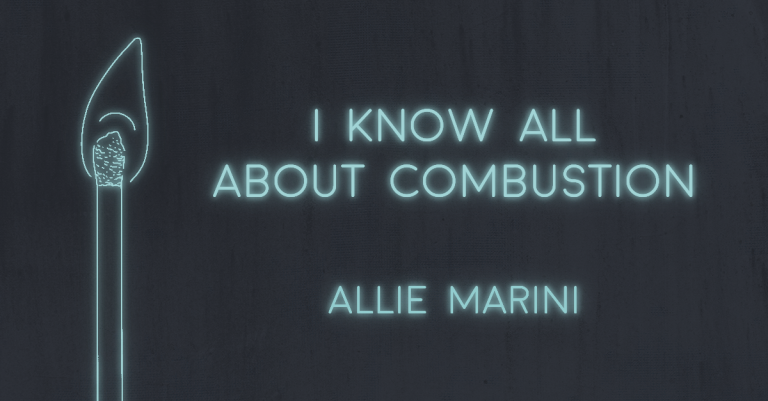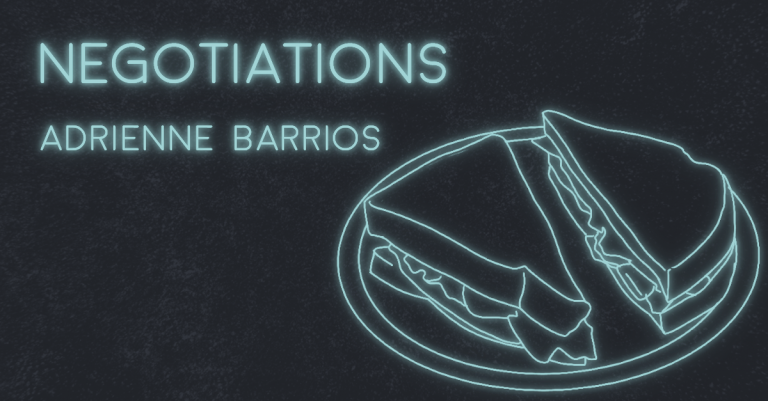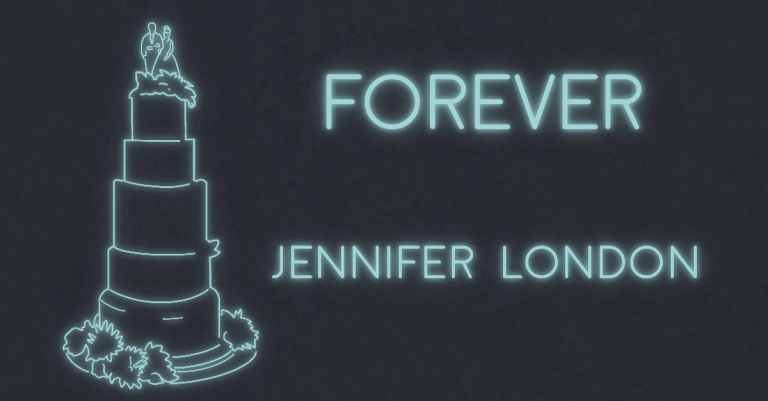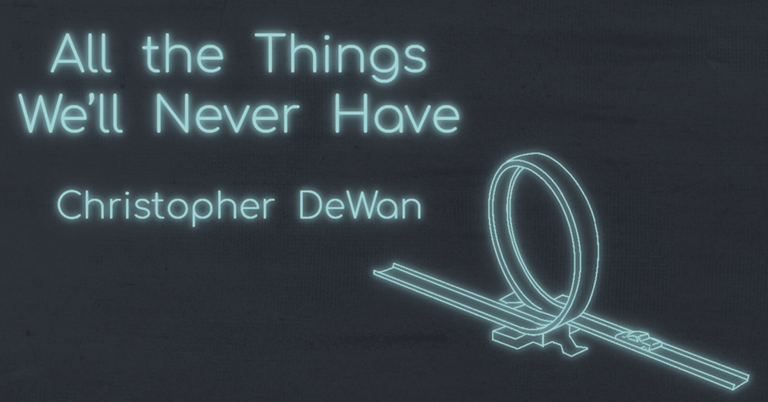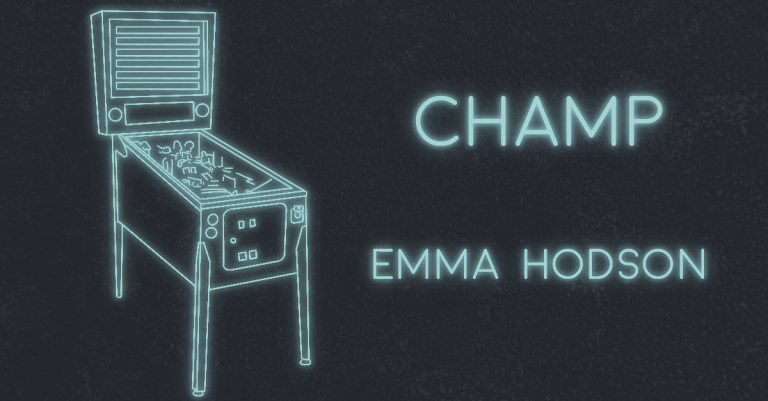
CHAMP by Emma Hodson
The man smells like smoke. He is moving into a new apartment on a street that used to be a bustling thoroughfare, but now is just another grey road. That is, the apartment is new to him, but not to this world. It’s close to his old spot, just a few blocks, but it’s noticeably more decayed. A beige building shoved in between a Thai place and pay-per-hour motel, a single tarnished mini van parked in the driveway most days. The apartment was built in 1973 when mom-and-pop shops dotted the street, bubbly hand-painted signs, and women doing their grocery shopping with babies in tow. People walked more back then. Now there is a hardware store and a forsaken donut shop, glaze hardening and cracking untouched under glass while the owner watches the Mega Lotto with a toothpick hanging out of his sour mouth. After the move, the man’s hands are shaky and he reaches for the drawer.
A while later, months maybe, the drawer starts to fill up with empties again and the bills keep coming and the donut shop is gone and its owner and his Mega Lotto toothpicks are gone. In its place is a Juice Shoppe where everyone can go to feel better, thank fuckin’ God. The man laughs darkly to himself and honks his deluged nose into a tissue as he walks towards Ol’ Yeller Lounge.
He’s been going to Ol’ Yeller for 36 years. The outside is fashioned from large stones cobbled together, like a liquor castle, no windows so it can be properly dark inside. The sign is yellow neon and it flashes, beckoning, above the rounded doorway. Inside is what you’d rightly expect from a dive. The bar is long with peeling stools lining it all the way to the dimly lit back wall, illuminated mostly by a clutter of arcade games. A jukebox with a handwritten sign taped to it: QUARTERS ONLY! WE ARE SERIOUS!! There are a few booths with wooden tables to the right, but you can’t get a good look at the TVs from there, so the man avoids them.
He sits on his stool, the same one he always sits in, and nods to the bartender who adds a Jack n Coke to his tab on the regulars chalkboard that hangs behind the bar. Most of the regulars are gone nowadays. Big Jim disappeared after one too many visits to detox. They say Paula got sober, and maybe it’s finally true this time—he hasn’t seen her in months. Ralphie moved down South when the rent got too high, and his new neighbors started complaining about his cats and their cat smells. Bogus, he had said sipping on his G&T. Absolutely fuckin’ goddamned bogus. Roberta’s still around, and so is Doug, but they won’t come in for another hour or so. It’s just the man and a bunch of kids huddled in the corner booth.
The man watches them while he waits for his drink. The boys (and they are boys, really, hardly men) wear clear-framed glasses and ludicrous sock caps, tiny ones, that they tuck behind their ears with their cigarettes. They smile white smiles at the girls who wear pants that don’t flatter their pretty faces. The boys order beers, the expensive kind that Ol’ Yeller has only started offering in the past few years. They sip them and laugh and a girl reaches out and puts her hand on the skinny tattooed arm of the boy next to her. The man wonders if he was ever like them, once upon a time, but immediately scoffs at the thought. His laugh comes out in short gurgly croaks. He imagines himself, back on the docks, unloading heavy boxes of grapes from the ship's belly, his ears burning from the crisp morning air under his hardhat. He remembers standing, arms locked with his crew in the picket line, his sock cap, wool and itchy, covering his ears. No, he was never like them. Not even close.
Truthfully, he doesn’t mind the kids all too much. They come in and buy their expensive beers and the bar stays open, and the man can play his pinball game in the back. He’s had the highest score for as long as he can remember. Someone got close once, but it never happened. After his second Jack, he strolls over to the games, expertly flicks the dial to send the ball soaring into a land of flashing crystal balls and genies. The whiskey is warm in his throat and the heat flows through him, his hands finally steady, as he racks up dings and dongs and the points tally higher and higher.
When he finally heads back to the bar, Roberta is there, early today, and sitting next to his usual spot. Her hand covers his seat. Eighty-two years old, sharp as a needle, and tattoos covering every last square inch of her large, worn body. Roberta has been coming to Ol' Yeller ever since the last of the lesbian bars closed down—Sally's and The Fur Pelt, leather vests and cigarettes, tender kisses in the corner. Red lipstick permanently stains her glass.
“Pinball again, you old bastard?” she says.
“Sure as eggs is eggs!”
The bartender nods his head to his stool. “Speaking of which, we figured it was about time we did something about those scores of yours,” he says.
The man approaches his seat, and sees that they’ve switched it out with a brand new stool, cherry red, upon which they’ve sewn large white letters, like a high school varsity jacket: CHAMP.
The snake tattoo that curls down Roberta’s wrinkled arm seems to slither as she laughs, one of the best laughs the man has ever heard. “Some things never change,” she says.

